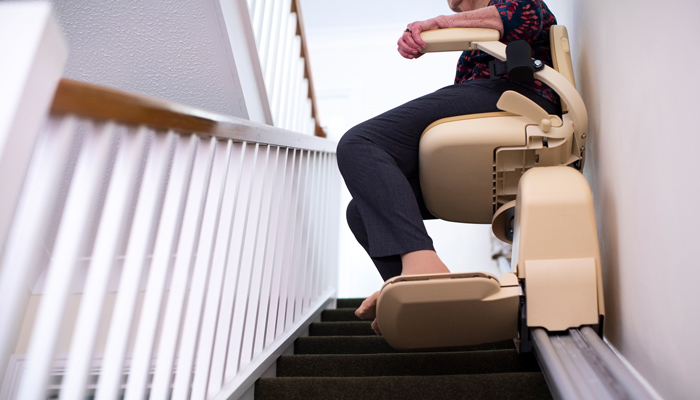Top Tips for Keeping Your Home Care Business Running in Winter
The Homecare Association's top tips for running your home care business in adverse weather conditions
Contingency planning in home care is vitally important and the winter weather never fails to challenge home care providers. It may take a long time to create a plan that ensures the service runs as smoothly as possible during the disruption, but they are vital to ensure that no one is left without care during snowfall or flood.
-
Check and revise your emergency plans, and sign up for severe weather warnings and weather forecasts.
-
Review all care plans to identify vulnerable clients, develop a system so you know who has support if you are unable to visit and who does not; be ready to revise rotas and contact relatives/ neighbours and users about rota changes.
-
Establish a system so you can check on all your vulnerable clients, make sure staff have access to essential supplies to keep clients warm and stocked with provisions if they are unable to go out; be prepared to handle any emergency medication issues.
-
Liaise with your local council so you are part of its emergency planning process. Consider developing plans with them to help support council users, and decide if you need to make reciprocal plans with another organisation to help visit users in particularly remote areas.
-
Work out what happens if key managers or staff are unable to get to the office or visit users.
-
Develop a moveable office so you can run your office remotely if it is impossible to get to your building; consider if any of your staff need to be set up to work from home or an alternative address.
-
Make sure you know which staff are likely to have difficulty with transport and work out how you can help them.
-
Make sure your staff know who to contact if they run into difficulty by distributing an emergency phone list.
-
Consider transport issues - do you need to equip your vehicles with shovels, snow tyres or chains? Can your staff walk to users, or use alternative transport like bicycles, or share four wheel drive transport.
-
Ensure care workers' vehicles are properly maintained - hunt down offers and deals to do with servicing, tyres and MOTs in advance to make sure their vehicles are safe and care workers get a good price.
-
Be aware of road closures and delays in general.
-
Review your lone working policy so you can support your staff working alone in adverse weather conditions. It's vital to know where everyone is, and that staff and service users are safe.
Once the poor weather is over and things return to normal, it's good practice to review your experiences, so you can learn from what happened. Don't forget to thank your staff for their efforts and listen to their views, and those of your service users, so that you are even better prepared to react the following winter.
Home care business insurance from Towergate
For more information, visit our domiciliary care insurance webpage or call one of our specialist advisers on 0344 892 1750.
About the author
 Carolyn Baker-Mellor is a respected industry leader with over 35 years' experience within the care insurance sector. She works across a wide spectrum of insurance product and policy development, delivery and optimisation for care industry clients, including managing global corporate accounts, working closely with trade associations, and helping clients in protecting their businesses and personal assets.
Carolyn Baker-Mellor is a respected industry leader with over 35 years' experience within the care insurance sector. She works across a wide spectrum of insurance product and policy development, delivery and optimisation for care industry clients, including managing global corporate accounts, working closely with trade associations, and helping clients in protecting their businesses and personal assets.
The content for this article was kindly provided by the Homecare Association and they would like to thank members, Scott Care, for their help with this article.
Date: October 31, 2019
Category: Care and Medical












































